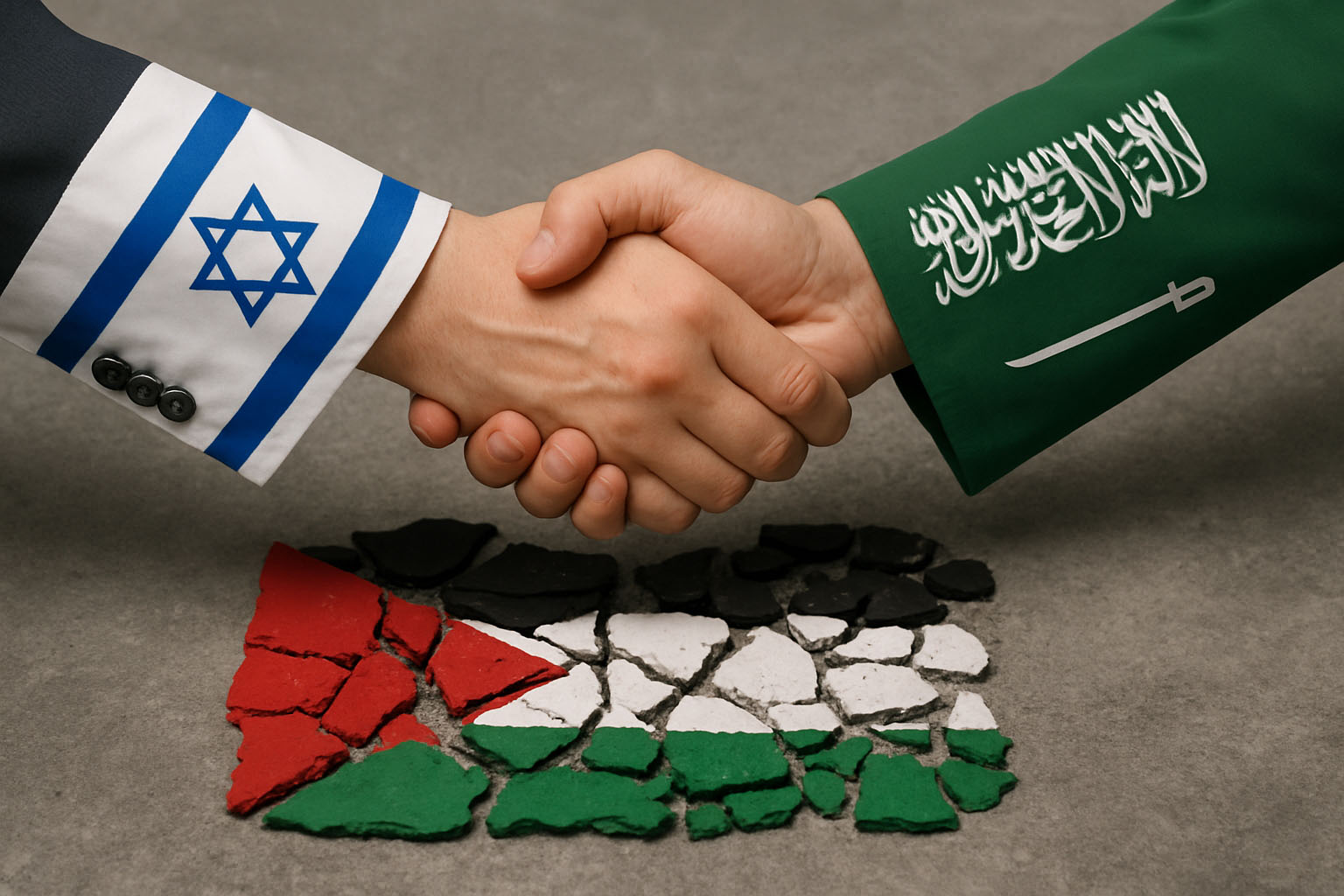In my 19 years of writing a weekly column for the Jewish Journal, I’ve never written a column about another column.
So why am I doing it now?
Because I can’t stand seeing an evil entity like Hamas win the propaganda war while my beloved Israel turns into a pariah state.
My friends on the right tell me not to waste my time—the world will hate us no matter what we do and no matter who runs Israel. The media and the UN will fall for Hamas’s lies and will treat Israel with double standards, as they’ve always done.
That may be so, but it strikes me as too easy, as a kind of cop out. The idea of taking no responsibility whatsoever for what happens to us, even from an unfair world, is anathema to the Jewish way.
Which brings me back to what I wrote the day after Oct. 7, when I was so shaken by the human carnage I could barely write.
I remembered what one of my writing heroes, the late William Safire of The New York Times, had written the day after the 9/11 disaster had convulsed a nation. Unlike most of us, Safire stayed calm and focused. He laid out the questions that must be answered. He planted the seeds for future columns. He focused on how America must respond. Barely an ounce of sentimentality.
In my weakened state, I tried to channel my inner Safire and came up with a cold-blooded question: What is the absolute worst thing we can do to Hamas, besides the obvious one of punishing it militarily?
“Smashing Hamas won’t be enough,” I wrote. “Israel has already lost too much. The only way to regain the initiative is to crush Hamas’s soul.”
My thinking was that seeing Hamas strictly in security/military terms was too narrow. To really crush Hamas, we needed to go deeper into its psyche, into its soul, into the one thing it could not stomach.
“What Hamas can’t stomach, above all, is a world that admires Israel,” I wrote. “In the cesspool of its terror doctrine, the Jewish state is an evil that is meant to be destroyed, not admired.”
The Abraham Accords embodied Hamas’s ultimate nightmare: an Israel that would be admired.
It was well-known at the time that plans were brewing to expand the Accords to include Arab countries like Saudi Arabia, the birthplace of Islam. For Hamas and its terror sponsor Iran, that was a disaster that had to be prevented at any cost.
“No wonder Iran and Hamas had to act,” I wrote, referring to the Oct. 7 invasion. “With a deal with Saudi Arabia brewing, what better way to sabotage peace with Israel than to start a war with Israel?”
The Abraham Accords presented such a threat to Jew-hating entities like Hamas and Iran because they transformed Israel “from evil Zionists into useful allies, from oppressors into partners,” a prospect that could eventually transform the whole region.
I was certainly not advocating that we go easy on Hamas. As I wrote: “My revulsion at what happened on October 7 knows no bounds. I hope and pray that Israel finds a way to liberate the hostages and eradicate the evil leadership that drives Hamas.”
But I also cautioned that “Gaza is a hornet’s nest, a magnet for disasters…in the throes of understandable rage, Israel must now be cold-blooded and strategic.”
Being strategic meant going beyond our immediate impulses and keeping an eye on a longer horizon that offered bigger victories.
“It’s tempting to want to turn Gaza into rubble to satisfy a hunger for revenge. I share that sentiment,” I wrote. “But that would be playing checkers, not chess. If turning Gaza into rubble turns a Saudi deal into rubble, that is not a victory for Israel. It’s a victory for Hamas and Iran.”
These were tough words to write in the wake of our worst calamity since the Holocaust, but I meant them then and I mean them now. “The Abraham Accords are about building a future,” I wrote. “Iran and Hamas are about destroying it. We shouldn’t let the destroyers win.”
I was calling, in other words, for an expansion of the term “victory.”
In his podcast with Dan Senor a few days ago, Micah Goodman touched on this idea. Normalization with Saudi Arabia would isolate Iran the way Iran tried to isolate Israel through its “ring of fire” terror proxies surrounding Israel. Regarding Gaza, even if a military “victory” over Hamas could not yet be declared, a larger victory of normalization with Saudi Arabia would more than compensate. In any case, if getting the hostages released was the price to pay to temporarily end hostilities and pave the way for normalization with Saudi Arabia, it was worth it. Meanwhile, once the hostages are released, it would be a lot easier to eradicate Hamas.
Of course, I’m oversimplifying. After nearly two years of a brutal war, the Gaza situation has become a huge mess, with frail hostages still captive, food aid becoming an explosive issue, a decimated Hamas getting bolder and only bad options for Israel. Among those complications is that even if Israel desired a push for normalization with Saudi Arabia, the current government could not pull it off. It would need a broader coalition free of ideologues who would never agree to end the war in Gaza.
Given those complications, it feels silly to write a column about a horizon that is so hard to envision at the moment. But that’s precisely why I’m writing it. When the immediate future looks so foreboding and intractable, when the animosity towards Israel increases by the day, is when we most need to envision that more hopeful horizon.
Hamas and its ideology to destroy Israel are not going away. What would have crushed Hamas’s soul two years ago will also crush its soul today, next year, and the year after that.
That’s worth revisiting an old column.




